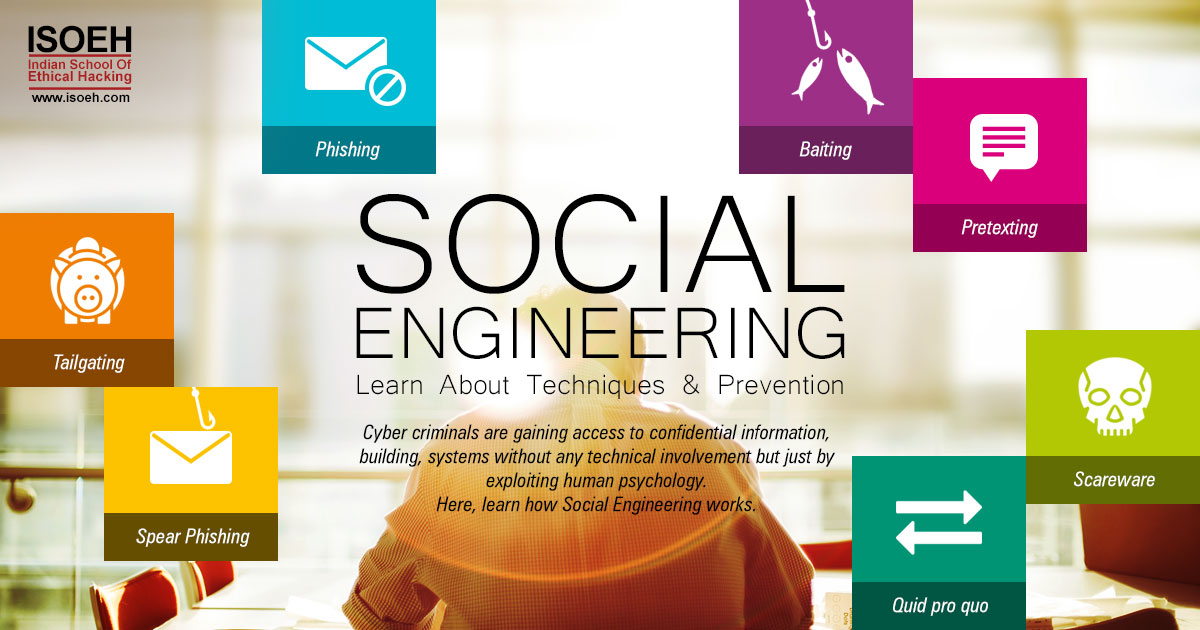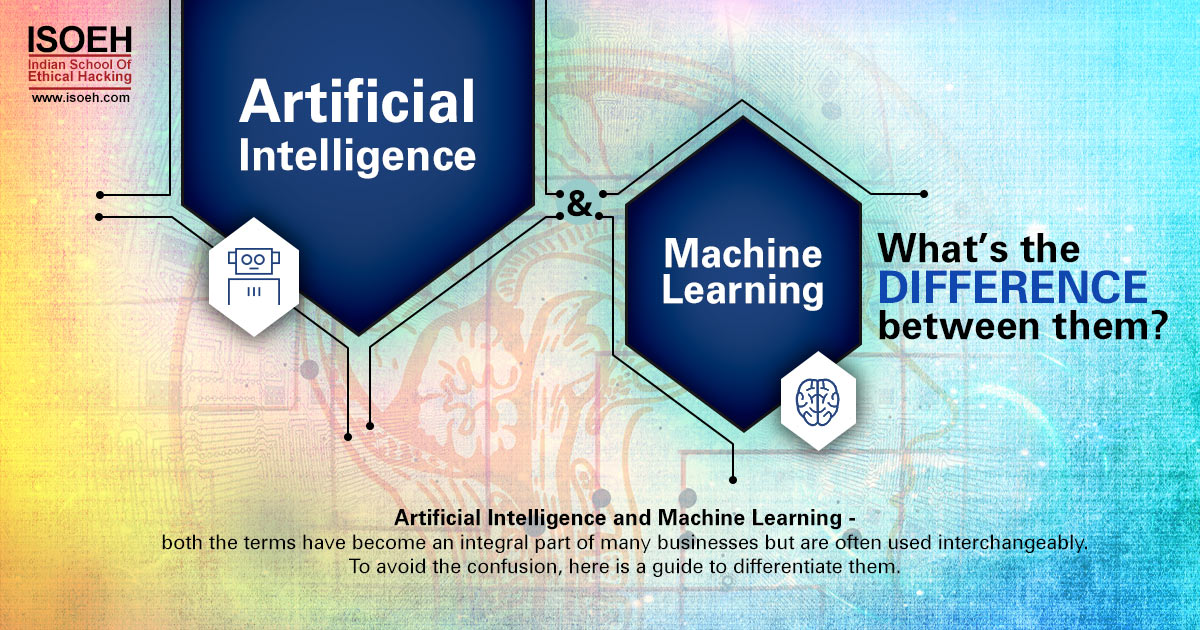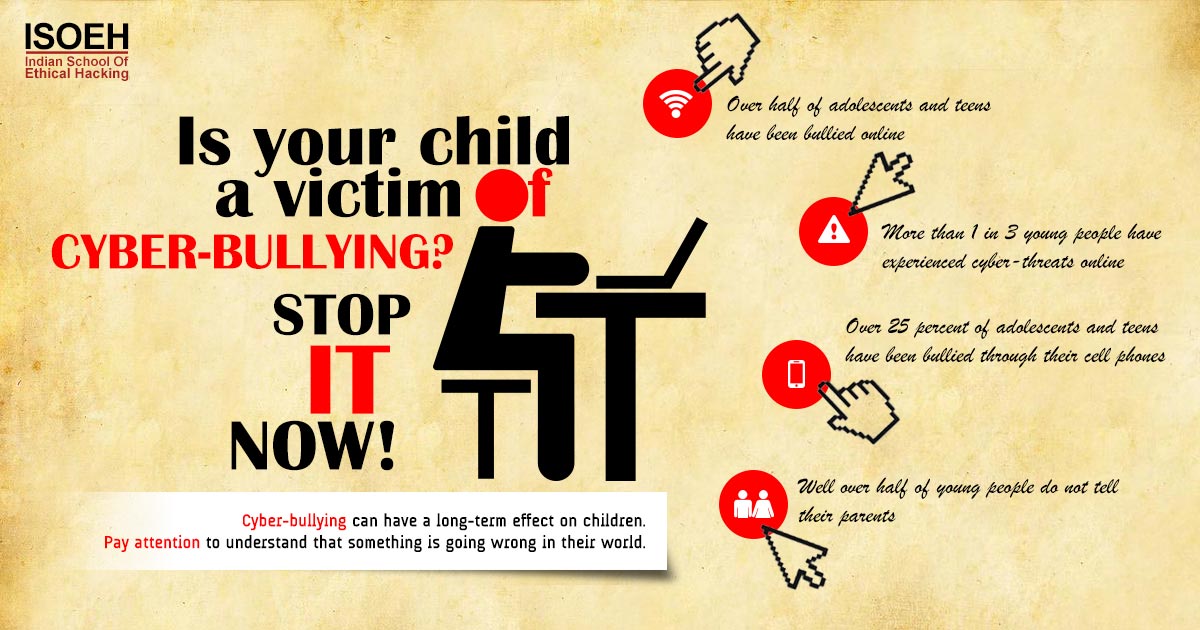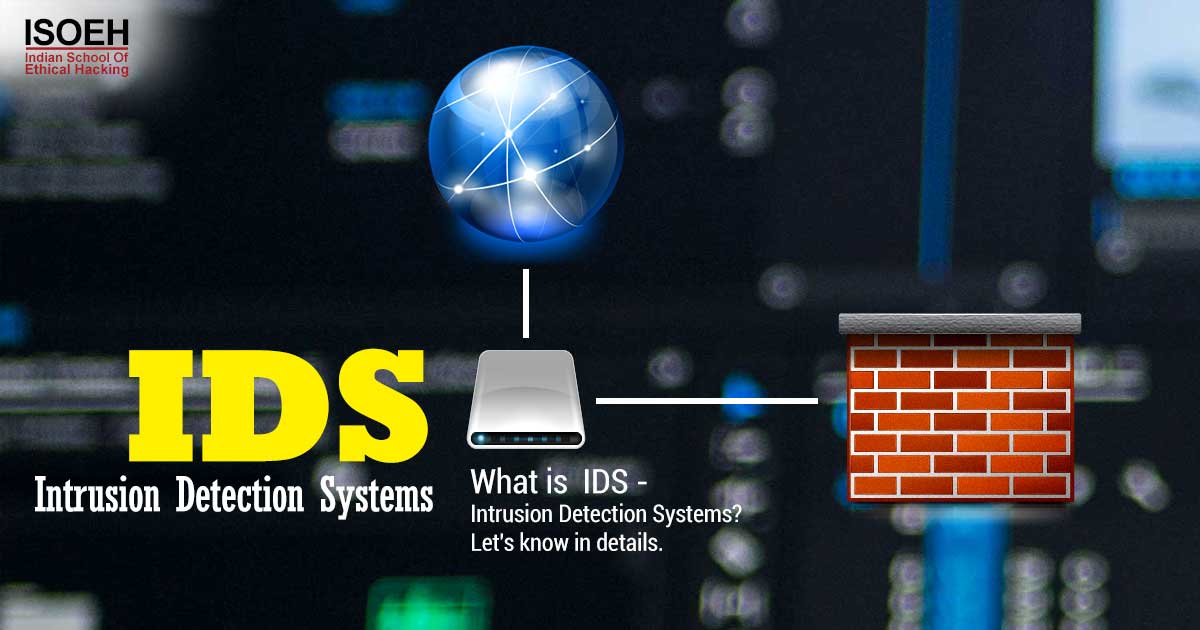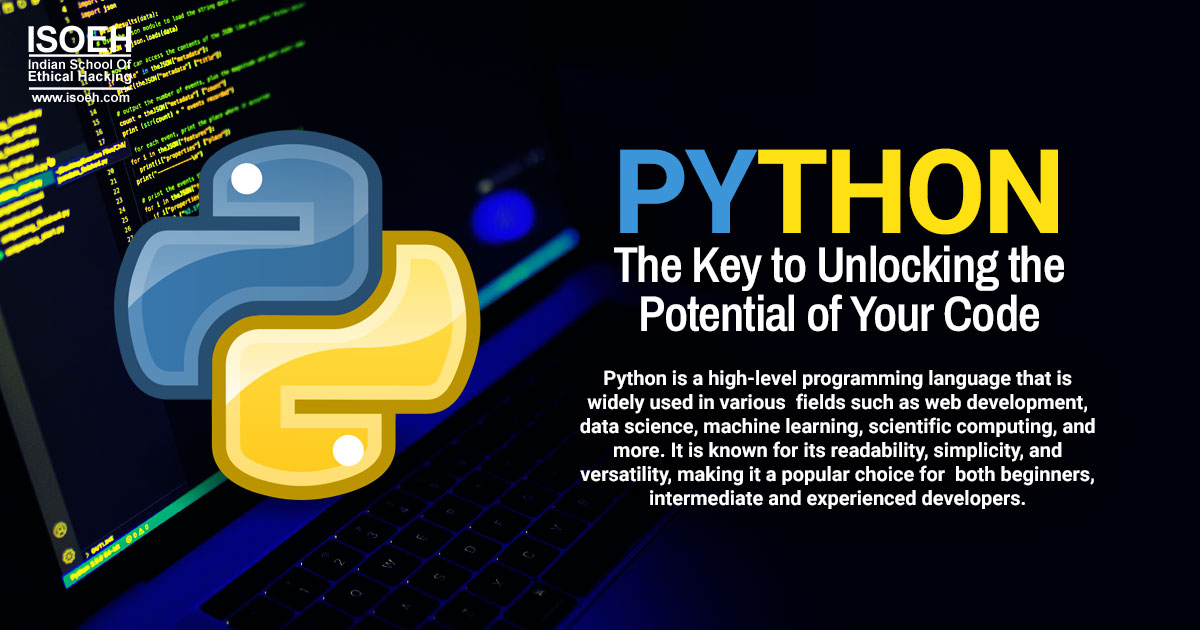
Contents
Excuse me, what are you watching with binoculars? Didn’t you buy a ticket to effortless and efficient programming? Get it soon as it is going to be housefull in no time. Unleash the power of python within 2 minutes!
Before peeling it, let’s know first...
What is Python?
Python is a general-purpose interpreted, interactive, object-oriented, and high-level programming language. Python was created by Guido Van Rossum in the late eighties and early nineties and was first released in 1991. Python is known for its readability, versatility, and ease of use, making it a popular language for a wide range of applications, such as web development, scientific computing, data analysis, artificial intelligence, and more.
But
Why should you learn Python in 2023?
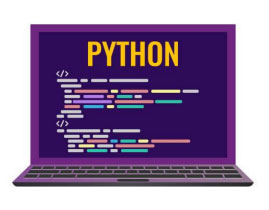 If you have just started programming or looking for a career change, you have probably heard about Python from the Internet or perhaps your teacher or friends have even recommended it to you as the best programming language to learn. Well, there are many reasons behind this.
If you have just started programming or looking for a career change, you have probably heard about Python from the Internet or perhaps your teacher or friends have even recommended it to you as the best programming language to learn. Well, there are many reasons behind this.
I am sure, you are thinking about the factors behind Python’s high demand and increasing popularity and why learning Python is one of the best decisions you can make in 2023. So, here are the reasons you must know.
Top 10 Features of Python
- Easy to read and write: Python has a clean, simple, and expressive syntax that makes it easy to write and understand code.
- Interpreted: Unlike compiled languages, Python code is executed line by line, making it easy to debug and modify.
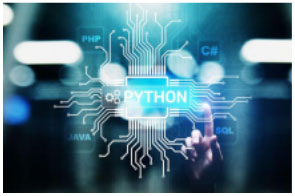 Dynamically Typed: Python is dynamically typed, which means that variables do not have to be declared before they are used.
Dynamically Typed: Python is dynamically typed, which means that variables do not have to be declared before they are used.- Object-Oriented: Python is an object oriented language, meaning that it supports encapsulation, inheritance, and polymorphism, making it easier to write large, complex programs.
- Large Standard Library: Python comes with a large standard library that supports many common programming tasks, such as connecting to web servers, reading and writing files, and working with data.
- Cross-platform: Python code can run on any platform that has a Python interpreter installed, making it a cross-platform language.
- High-level: Python provides high-level data structures, such as lists and dictionaries, as well as simple and efficient ways to perform complex tasks, such as data analysis and visualization.
- Open-source: Python is an open-source language, meaning that it is free to use and modify. 9. Extensible: If you need a critical piece of code in your program to run very fast or want to have a piece of the algorithm to be hidden from the outside world, then you can write that part of the program in languages like C or C++ and then use that part from your Python programs.
- Multiple OS Support: Following are the different OS that supports Python.
- Windows
- UNIX/Linux
- MAC OS X
- Mobile Platform- Android, iOS
Maybe you are wondering if you can learn Python if you have no experience with it. But nothing is impossible! You can definitely learn Python programming from its early stage.
What you will learn here?
There are many topics you can learn in Python, including:
- Basic syntax and data types (strings, lists, dictionaries, etc.)
- Control structures (if/else statements, for/while loops)
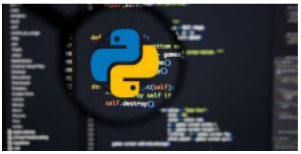 Functions and modules
Functions and modules- Object-Oriented Programming (OOP)
- File handling
- Exception handling
- Standard Library (math, os, sys, etc.)
- Numpy and Pandas for data analysis
- Matplotlib and Seaborn for data visualization
- Web development with frameworks like Flask or Django
- Scientific computing with libraries like Scipy and Scikit-learn
- GUI development using Tkinter or PyQt
These are some of the most common topics to learn in Python, but there are many more that you can explore based on your interests and career goals.
What will you able to grasp?
After the completion of learning complete python, you will be able to understand:
- The concepts of Python
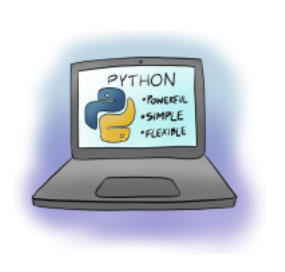 How to run a simple Python program
How to run a simple Python program- Data types, Keywords, Numbers, Strings, Keyboard input, Lists
- Tuples
- Dictionary
- Operators
- Conditions and conditional Statements
- How to write user-defined functions
- Modules
- Packages
- Exception
- How to write Object Oriented Programming
- Learn about exception handling
- How to create network tools
The best Python programming language for beginners. Everybody dreams to make the future bright and secure by establishing a highly demanding job. At this moment you might be pondering the same! We have already prepared your answer.
Where to study?
There are many options for studying Python, depending on your preferred learning style and available resources. Here are a few common options:
- Online courses: There are many online platforms, such as Coursera, Udemy, and edX, that offer Python courses at various levels, from beginner to advanced. These courses are typically self-paced and can be taken from anywhere with an internet connection.
- In-person classes: Some community colleges, technical schools, and universities offer in person Python courses. This option is good if you prefer hands-on learning and want the structure and support of a classroom environment.
- Bootcamps: Python boot camps are intensive, in-person programs that aim to teach students the skills they need to become a Python developer in a short amount of time. Boot camps can be expensive, but they offer a highly structured and focused learning environment.
 Books and tutorials: There are many books and online tutorials available for learning Python. This option is good if you prefer to learn at your own pace and have some prior experience with programming.
Books and tutorials: There are many books and online tutorials available for learning Python. This option is good if you prefer to learn at your own pace and have some prior experience with programming.- Practice and projects: Finally, the best way to learn Python is to practice and work on projects. You can find many open-source projects online that you can contribute to, or you can work on your projects and build up your portfolio.
Ultimately, the best way to study Python depends on your individual needs and preferences. Some people prefer structured courses, while others prefer to learn through hands-on practice and projects. Consider your learning style and resources, and choose the option that works best for you. Learn Core Python Programming and get in-depth training from industry-level faculties.
Career options after Python
The demand for Python skills varies depending on the industry and location. However, in general, Python is a highly sought-after skill in the job market and is in high demand for the following reasons. Top 9 jobs after studying Python programming. Learning Python can open up many job opportunities in a variety of fields, including:
- Data Science: Work with large datasets, perform data analysis, and create visualizations.
- Web Development: Build and maintain websites and web applications.
- Machine Learning: Develop and deploy ML models in industries such as finance, healthcare, and marketing.
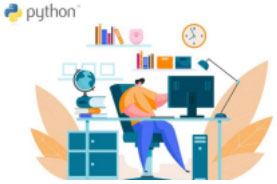 Network and Information Security: Automate security tasks and develop secure applications.
Network and Information Security: Automate security tasks and develop secure applications.- DevOps: Automate repetitive tasks and manage infrastructure using Python.
- Game Development: Create games using libraries such as Pygame.
- Scientific Computing: Analyze, visualize, and process scientific data.
- Financial Analysis: Use Python to perform financial analysis and modeling.
- Automation: Automate repetitive tasks to increase productivity and efficiency.
- Internet of Things (IoT): Develop IoT applications and control connected devices.
These are just a few examples of the types of jobs you can get with Python skills. The exact job you get will depend on your experience, education, and other factors, but with a solid understanding of Python, you can pursue many different career paths.
Salary Insights
The salary you can earn after studying Python varies depending on several factors, including:
- Location: Salaries can vary significantly based on geographic location. For example, the average salary for a Python developer in San Francisco may be much higher than the average salary in a smaller city.
- Level of experience: Salaries tend to increase with experience. A junior Python developer may start with a lower salary, while a senior Python developer with several years of experience may earn significantly more.
- Industry: The salary for a Python developer can vary depending on the industry. For example, a Python developer in the finance or healthcare industry may earn a different salary than a Python developer in the technology or gaming industry.
- Specialization: Python developers who have expertise in a specific area, such as machine learning or data analysis, may command a higher salary.
In general, a Python developer in India can expect to earn anywhere from INR 4,00,000 to INR 20,00,000 per year, with the average salary being around INR 7,00,000 to INR 10,00,000 per year. Whereas, the average salary for a Python developer in the United States is around $120,000 per year. However, this can vary widely based on the factors mentioned above, and salaries can range from $80,000 to $200,000 or more.
It is important to keep in mind that salary is just one factor to consider when evaluating job opportunities, and other factors such as company culture, opportunities for growth, and work life balance can also be important considerations.
It is also worth noting that the demand for Python developers in India is high, and many companies are willing to pay competitive salaries to attract and retain top talent.
Conclusion
In conclusion, Python is a high-level programming language that is widely used in various fields such as web development, data science, machine learning, scientific computing, and more. It is known for its readability, simplicity, and versatility, making it a popular choice for both beginners, intermediate and experienced developers.
Python has a large and active community, and a wealth of resources, libraries, and frameworks that make it easy to develop and deploy complex applications. Python is also in high demand in the job market, with many companies looking for skilled Python developers.
Whether you are interested in pursuing a career in programming, or just want to learn a new skill, Python is a great choice. With its simple syntax, a wide range of applications, and large community, it is a language that is well worth learning.
Hacking Tools
Explore All Hacking Tools »
UFTP is an encrypted multicast file transfer program for secure, reliable & efficient transfer of files. It also helps in data distribution over a satellite link.
Read DetailsBreaking News
Breaking News Of Each Month »
The recent pandemic was unexpected and unknown to most part of the world. It has changed our life and we are slowly adapting to our new lifestyle. The risks associated with the new lifestyle, both personal & corporate, are unknown to most of us.
Read Details






